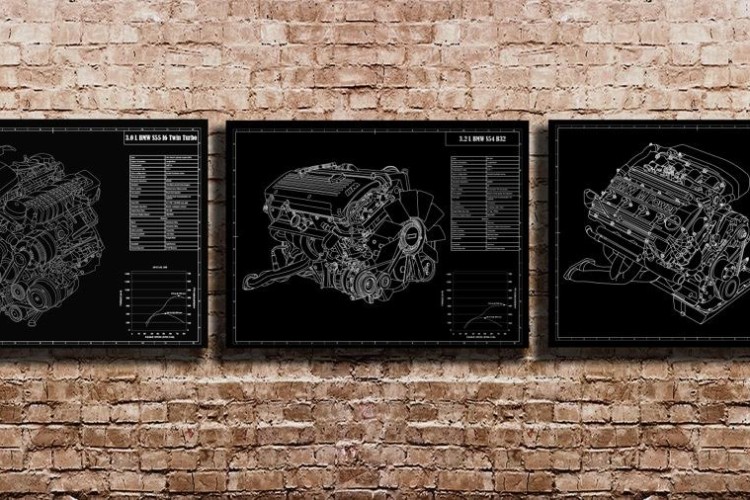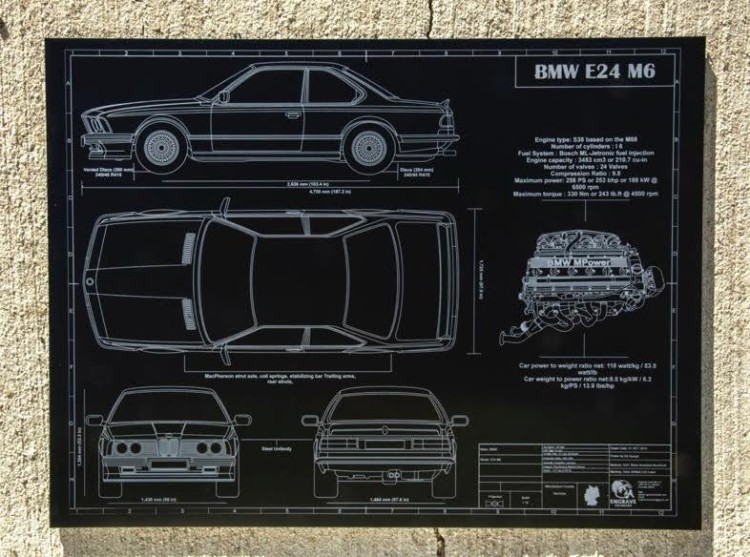
For years, Toyota Motor Corp. focused on pushing its hybrid models in Europe, avoiding a diesel-for-diesel competition with market leaders including Volkswagen Group. The Japanese carmaker’s strategy is finally paying off.
In the first full year since Volkswagen’s emissions scandal threw the German giant into disarray, Toyota is on track for roughly a 40 percent jump in annual sales of gasoline-electric vehicles in Europe. Hybrids are set to account for more than half of Toyota’s deliveries for the region by the end of the decade, according to Karl Schlicht, executive vice president of the carmaker’s European division.
Toyota’s Europe dilemma was a product mismatch rather than a regulatory crisis. At the beginning of the decade, when demand for its Prius was surging in other markets like the U.S., the model barely attracted buyers in Europe, where more than half of industrywide sales are diesels. After Volkswagen’s scandal undermined those powertrains, Toyota’s strategic decision to avoid pitting its models directly against diesel vehicles and force its dealers toward hybrids is now yielding results.
“When you have a strategy driven by necessity and it’s doing the right thing for the customers and the world, it’s a very powerful force,” Schlicht said in an interview. “We kind of had to do it, and that made us focus.”
Toyota is still a small player in Europe, where it had a 4.3 percent market share in the 11 months through November, well behind the leader Volkswagen’s 24.1 percent, according to the European industry association ACEA. Still, it’s in an enviable position with Volkswagen and diesel-reliant peers including BMW, Daimler and Fiat Chrysler Automobiles now needing to shift gears to electrified powertrains.
Eric Felber, a VW spokesman, declined to comment on the rise in hybrid sales at the expense of diesel cars.
Shares of Toyota have fallen 8.7 percent this year, compared with Daimler’s 8.7 percent drop and gains of 2.1 percent at Volkswagen and 2.4 percent at Fiat Chrysler.
Diesel’s demise?
UBS analysts in a report this month forecast that diesel will almost disappear by 2025 and be replaced by hybrids and battery-electric vehicles. Athens, Madrid, Mexico City and Paris have pledged to phase out diesel vehicles by 2025 in a bid to curb pollution.
“Diesel is on its way out for cars; we’ve seen the beginning of the end,” Alexander Nix, a Toyota dealer in Germany since 1980, said by phone. “Once we see further restrictions on emissions, it’s just going to be too expensive. We’ve already seen that now.”
Dealers were singing a different tune when Schlicht, the Toyota Europe sales chief, returned to an executive role in the market in 2012, after a stint managing Lexus product and marketing planning in Japan. His assessment of the carmaker’s position at that time was grim: Toyota lacked the scale, visibility and pricing power to compete.
“Our dealers at the beginning of this period were very much like, ‘You guys need more diesels,'” Schlicht said. Before auto shows in Geneva, Paris or Frankfurt, he braced for criticism. “Put your helmet on; you’re going to get beat up because we don’t have enough diesels.”
Hybrid focus
Toyota started directing its distributors and dealers to focus entirely on hybrids, even though they were accounting for just a fraction of the company’s sales mix. If a customer wanted to go for a test drive in, say, a Yaris, they had to take a spin in the hybrid before they could try the diesel.
When Toyota coupled this retail strategy with an all-hybrid marketing campaign, its auto buyers started becoming hybrid converts. Dealers had little trouble reselling used hybrids that were traded in by customers because they tend to retain more of their residual value.
“There is no strategy that the carmaker can make if the front line doesn’t buy in,” Tom Fux, the Cologne-based president of Toyota Germany, said by phone. “For us, hybrid is the key focus.”
By the time hybrids reach about 50 percent to 60 percent of Toyota Europe’s sales mix, the company will be selling about 400,000 or 500,000 units per year, Schlicht estimates. In the January-November period, hybrids accounted for about 32 percent of its sales in the region.
Shifted mindset
Corporate fleet operators and leasing companies, which play an outsize role in Europe’s auto market, have begun to feel exposed as residual values for diesels begin to shrink, and they’re starting to talk with Toyota about increasing hybrids as a portion of their business mix.
Another significant factor will be the newly introduced C-HR, a latecomer to the fast-growing compact sport utility vehicle segment. Toyota will build the model at a plant in Turkey, and about 75 percent of initial orders have been for the hybrid version, Schlicht said. The model won’t offer a diesel engine option.
“We’re not anti-diesel, but the mindset has shifted,” Schlicht said of Toyota Europe’s dealers and distributors. “It’s moved on, and now they’re really into selling hybrids.”
We buy any car so contact us for a quote
The post Toyota’s hybrid bet in Europe finally pays off appeared first on http://belfast.cashforcarsireland.com/
via Cash For Cars - Locations http://belfast.cashforcarsireland.com/toyotas-hybrid-bet-europe-finally-pays-off/






